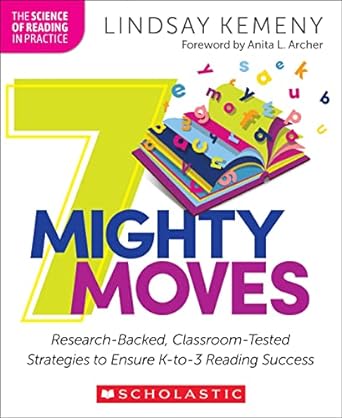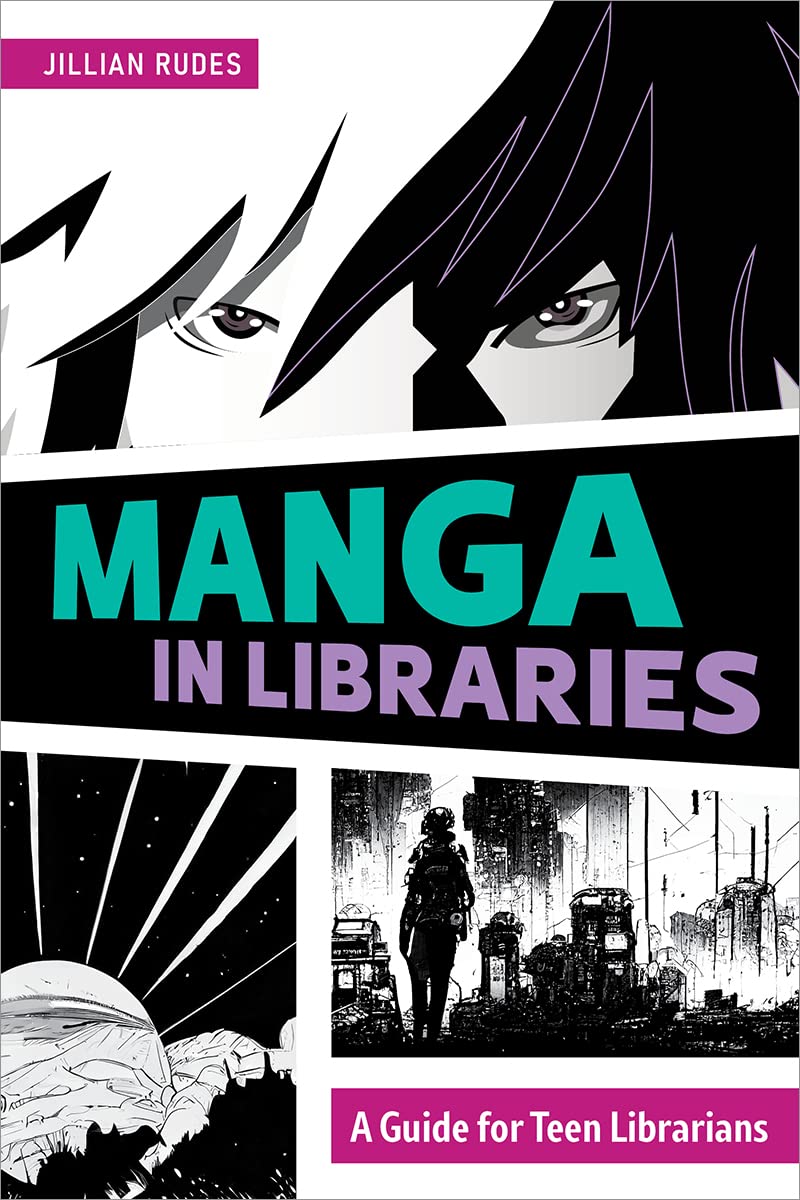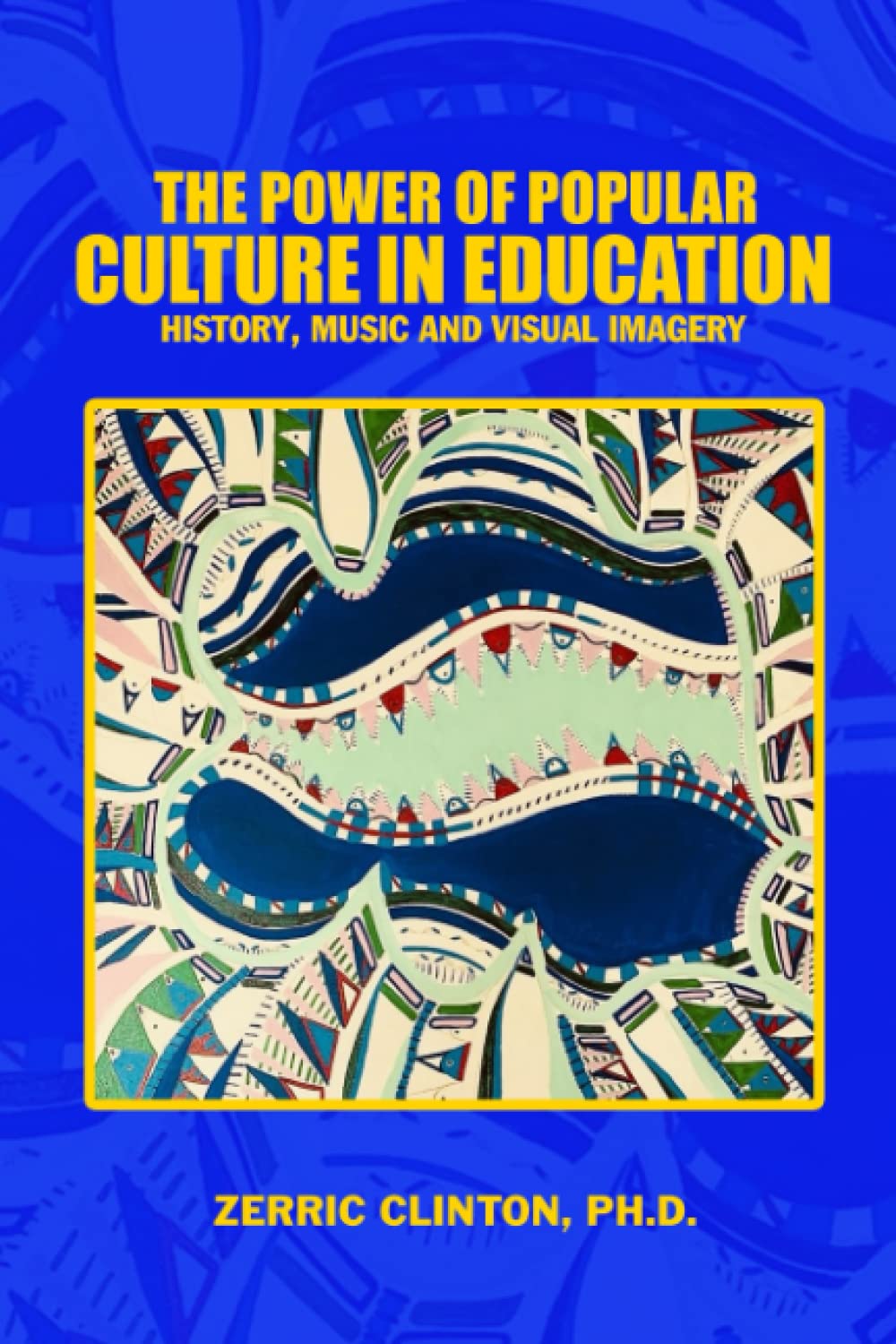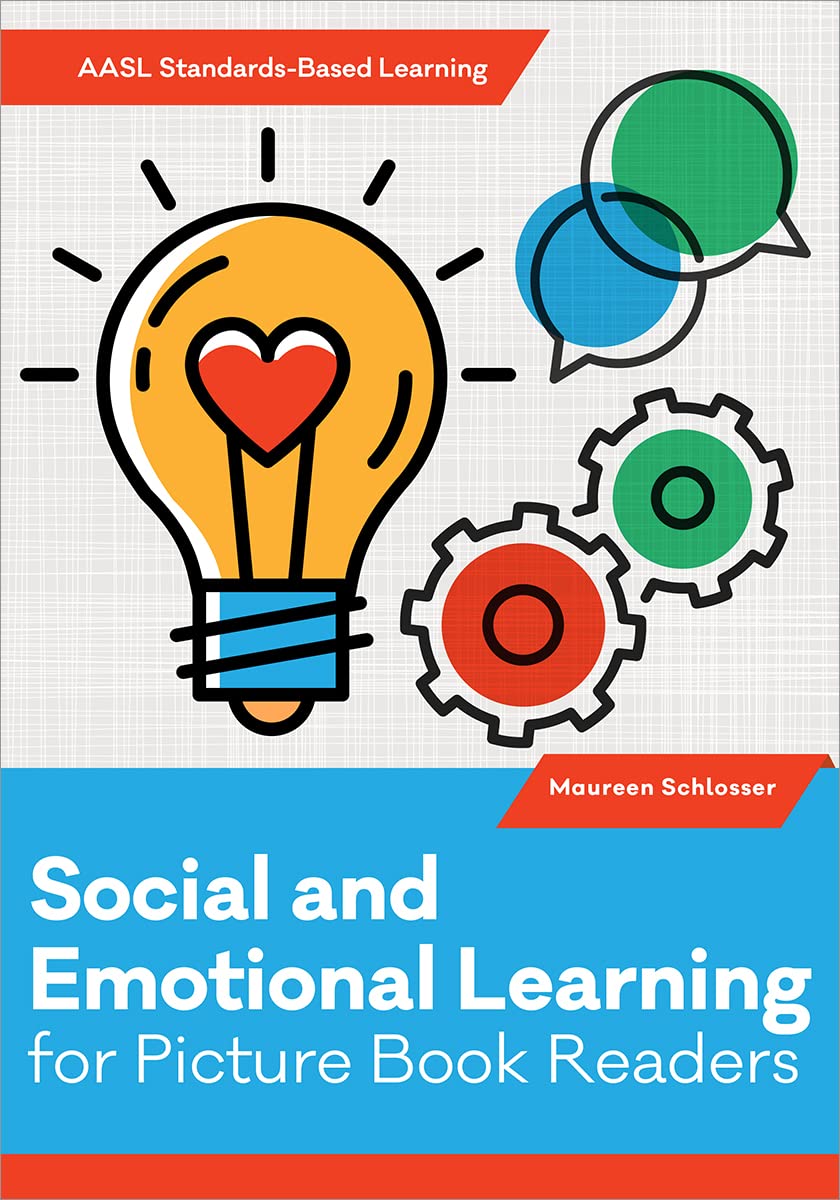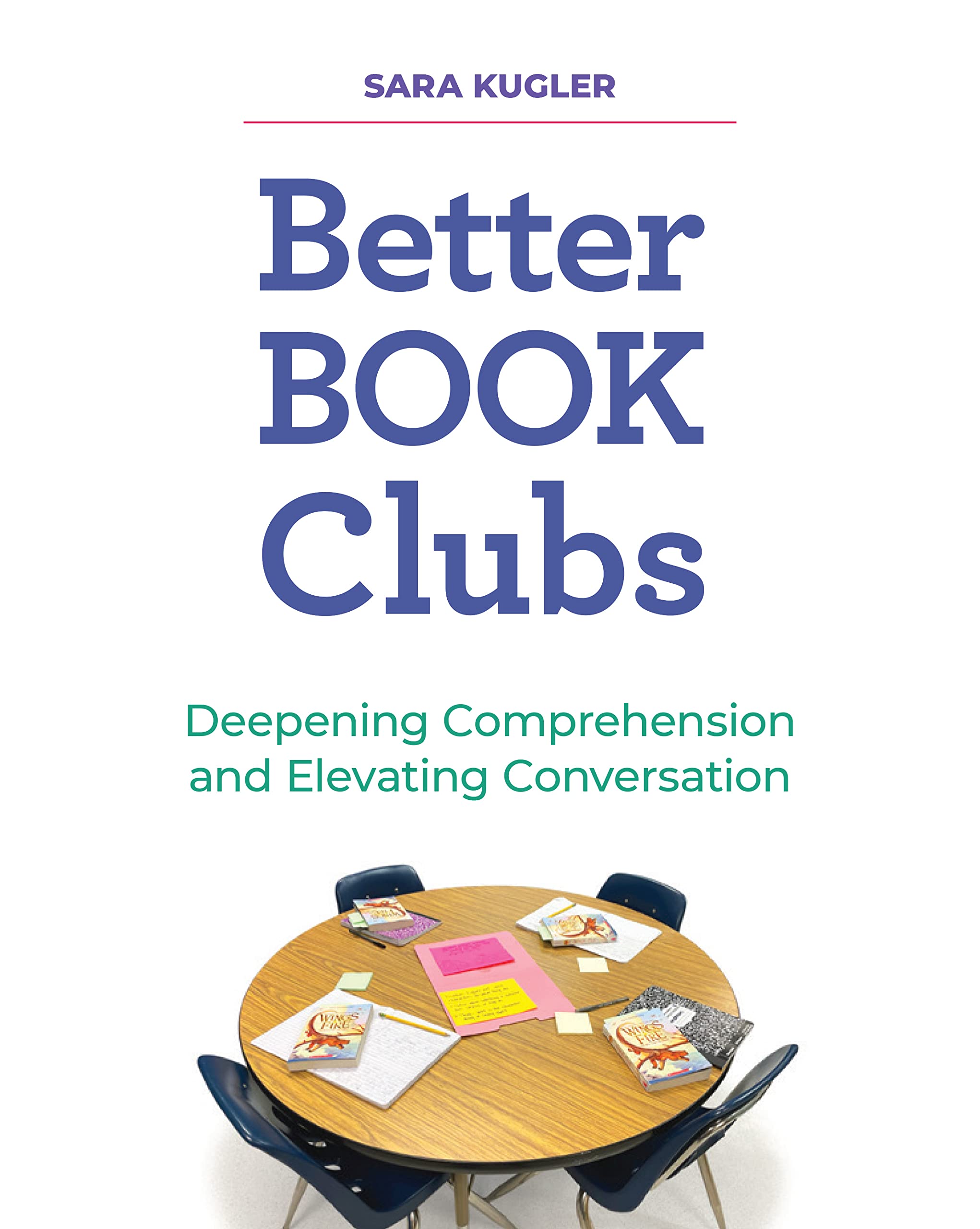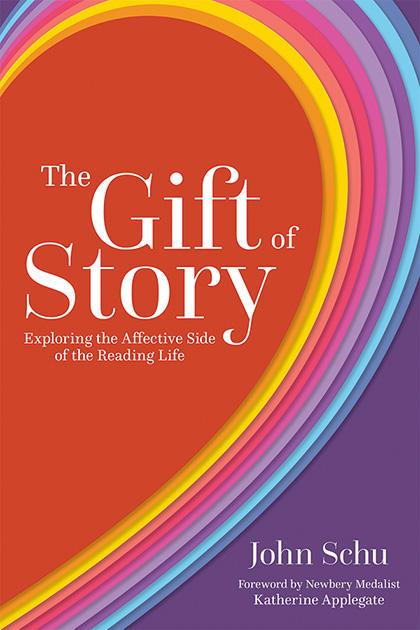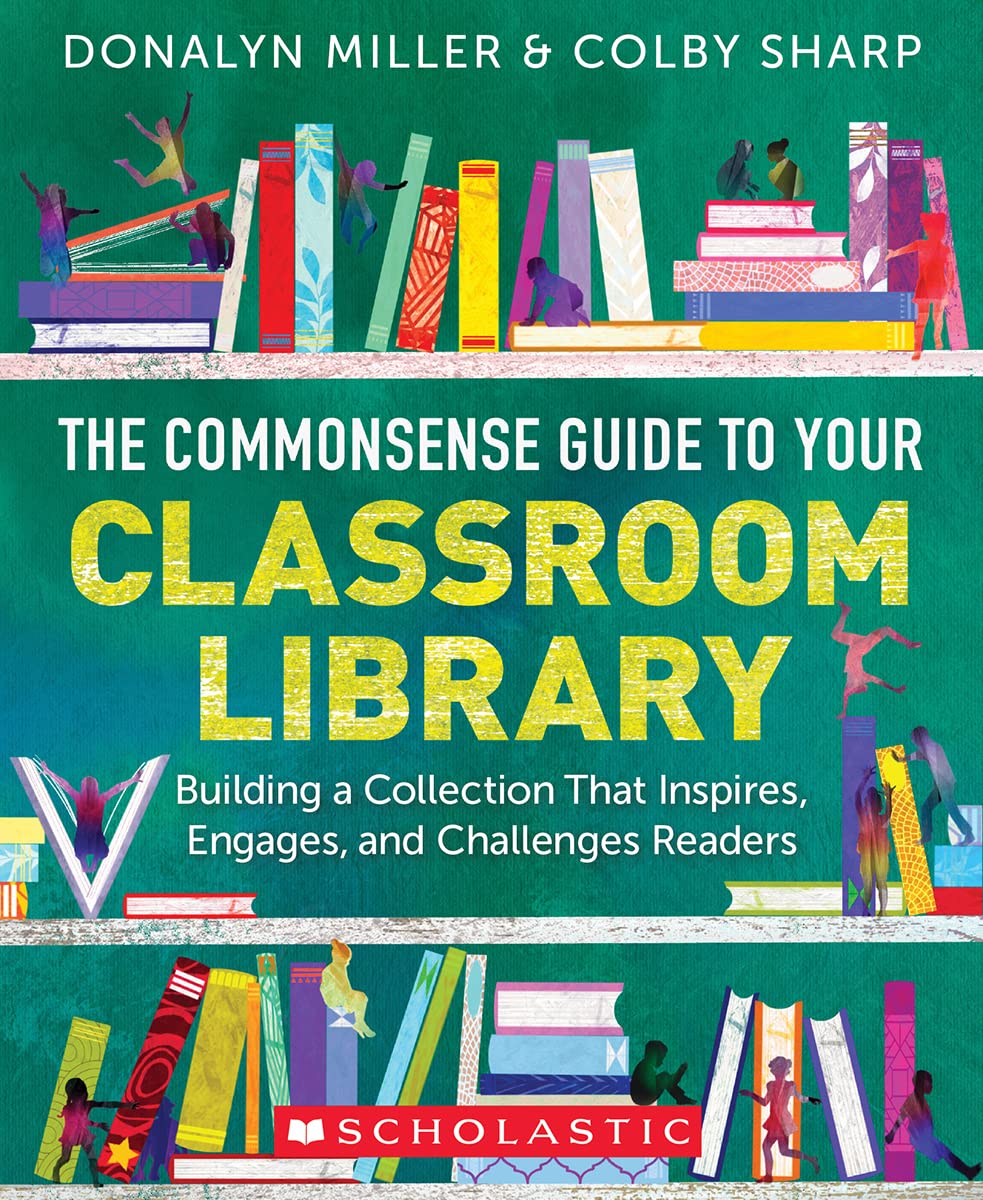Related
International in scope, this book provides an opportunity for educators to examine previously held thoughts about the limits of children’s literature. Recommended for researchers.
Emphasizing flexibility and innovation in language learning, this book provides a wealth of lesson ideas and inspiration for incorporating meaningful technology use in the language learning classroom.
Purchase as a refreshing antidote to negativity in the library landscape, to lift moods, to share, and to offer hope.
Although more for youth literature scholars, this collection will benefit educators, librarians, families, and the publishing industry, particularly as justification to create and include LGBTQ+ children’s picture books books in classrooms, schools, and public libraries.
Highly recommended for librarians who are looking for new and fresh ideas on youth programming, but struggling to connect their brainstorming in a cohesive, marketable series of events.
Highly recommended. An excellent, perspective-expanding resource that challenges readers to critically examine youth literature through an ethnic studies lens.
An exploration of Latinx queerness that was, is, and will be; a much-needed and thorough examination of a subject that is frequently invisible in American media.
A must-have for educators and librarians looking to inject creativity into their classrooms. Rodari provides a thoughtful, informed approach to how imagination and play can foster critical thinking.
PREMIUM
In Community with Readers: Transforming Reading Instruction with Read-Alouds and Minilessons
A recommended purchase for educators seeking to enhance community building through purposeful and engaging discussions.
The author’s friendly, inviting writing style and the abundance of links to sources, videos, and examples of teaching materials make this an invaluable guide for all teachers.
This adaptable title addresses the specific concerns of school librarian professionals and is a recommended purchase for those interested in developing a new manga collection or improving and promoting an existing one.
A recommended purchase for school libraries with dynamic professional collections, especially where titles such as Vickie F. Echols’s AI for School Leaders: 62 Ways to Lighten Your Workload and Focus on What Matters and Dave Durand’s Leading Giants: A Leader’s Guide to Maximum Influence are popular.
Recommended for schools looking to expand or update their professional resources on media literacy instruction; consider using in conjunction with a pedagogically focused text to more effectively teach the included examples.
An excellent resource for librarians, educators, and parents, this is recommended for school, public, and academic libraries.
School librarians, technology specialists, and administrators interested in fostering digital literacy and exploring future-ready skills may find value in this book’s insights, though they might need additional resources for deeper implementation.
Readable, supportive, and well-organized, this offers necessary information for making, interacting with, or carrying out video streaming decisions for anyone tasked with developing a library video streaming program.
A must-purchase text for recent and aspiring library science grads, career planning collections, and anyone exploring career changes in academic and public spheres.
A useful and encouraging resource for educators seeking to promote advocacy, civic engagement, and social action among students.
PREMIUM
40 Poems for 40 Weeks: Integrating Meaningful Poetry and Word Ladders into Grades 3–5 Literacy
Educators and librarians can find more diverse contemporary collections of poetry elsewhere.
PREMIUM
100 Glues, Brews, and Goos: Kid-Tested Activities That Stimulate Creativity and Critical Thinking
A very basic, bare-bones introduction, this book may have some use as a beginner’s guide for adults unfamiliar with STEAM activities for children, but most readers will likely find the projects overly familiar and uninspiring.
PREMIUM
School Libraries Supporting Students with Hidden Needs and Talents: From ADHD to Vision Impairment
An important, browsable introductory resource to spark further learning on supporting students’ learning.
An excellent purchase for school and public library collections.
A professional purchase for most school libraries.
A good resource that offers detailed insights and practical examples on how to strengthen advocacy and collaboration through ecosystem thinking.
A scholarly work more at home in academic libraries for those studying the impact of classic children’s literature and for superfans of Montgomery’s work.
A necessary purchase for elementary professional collections; the read-aloud experiences included provide a wealth of ideas to utilize across content areas and grade levels.
PREMIUM
Tove Jansson: Life, Art, Words
The love of the work and artist is evident, but the magic is lost in translation.
School libraries will find this a helpful addition to a well-used professional collection.
A crucial title for all academic libraries; this should be required reading in graduate library science, education, and higher education programs across the U.S.
Highly recommended.
A worthwhile title packed with useful information made accessible and convincing.
Recommended for reading instructors and librarians. Pair with Tricia Ebarvia’s Get Free: Antibias Literacy Instruction for Strong Readers, Writers, and Thinkers.
This book doesn’t necessarily break new ground but it provides personal stories and resources to honor students and caregivers as well as the work that goes into everyday literacy.
A thorough account of all that was involved in creating many of Marguerite Henry’s stories, along with a glimpse into the author’s personality; collections that focus on author biographies will do well to include this volume.
An additional purchase where trans literary analyses are in high use.
A resourceful tool for educators seeking to create more engaging and informative lessons that connect literature with the rich tapestry of historical and cultural contexts.
A template for those currently serving in the culture war on how to respond, react, and stand up for intellectual freedom.
Highly recommended for all public school librarians, teachers, and school administrators.
Despite cluttered formatting, this book provides excellent resources for employing a variety of engaging reading strategies that have wide applicability across K-8 contexts. Purchase for libraries with a focus on reading, explicit instruction, or a new curriculum.
A secondary purchase for most school libraries.
Highly recommended. This outstanding work has offerings in both theory and practice and is an excellent resource for both LIS students and experienced librarians.
Highly recommended for professional or staff collections in academic, public, school, and all libraries.
An interesting though repetitive roundup of stories from booksellers and librarians that will make readers feel the passion behind the professions.
Necessary for any school teaching multilingual education.
A must for all educators. For new teachers, it provides aspirational direction to teach literacy; for veteran teachers, it will reawaken a passion for the art of teaching literacy.
PREMIUM
Just Read It: Unlocking the Magic of Independent Reading in Middle and High School Classrooms
A must-purchase for professional collections. English instructors, school librarians, and others focused on promoting literacy through independent reading in middle and high schools will find valuable resources to use throughout the school year.
A good starting point for librarians looking to further holistic literacy in their communities, as well as their own careers.
A helpful collection of lessons and resources for elementary school librarians and science teachers that supports interdisciplinary and active learning.
Academic and thoughtful, while still accessible, this professional learning text is a must-have for educators and leaders of every stripe.
While it may quickly become somewhat dated, this is a helpful resource for ways to incorporate teaching AI into any classroom, grade level, or subject area.
A useful introductory text; for a more in-depth look at trauma-informed practices, try Alex Shevrin Venet’s Equity-Centered Trauma-Informed Education.
This helpful book reengineers classroom literacy learning by encouraging teachers to facilitate while students command their own learning.
An excellent Spanish-language reference title focusing on Puerto Rican works for children, this would be a great resource for educators, librarians, and readers studying Puerto Rican youth literature.
Effective alignment of brand management principles and the AASL Standards, along with plenty of opportunities for reflection, make this book a valuable purchase for school library practitioners.
A useful purchase for schools.
An accessible and engaging guide filled with actionable insights, and a must-read for librarians serious about fostering an environment of growth and inquiry in their library.
An important overview of book bans that provides crucial information every librarian now needs to know. Recommended, especially in large municipal systems.
Appropriate for school librarians interested in continuous learning or as a textbook in library science programs.
A must purchase for any library considering the addition of virtual reality to its services.
PREMIUM
The Velveteen Rabbit at 100
Recommended for professional reading and in collections where there is a demand for scholarly analysis. Highly recommended for academic libraries.
Those with an interest in classic children’s literature or LGBTQIA+ history and culture should not miss this title.
Recommended for those who are interested in the field of disability studies, in particular the d/Deaf community.
This fine title will appeal especially to those nostalgic for Keats’s works. Public and school libraries should definitely consider.
An essential guide for K–3 educators wanting to incorporate Black history into classroom learning throughout the school year.
Considering content, length, and price point, academic institutions and big public systems serving large Caribbean populations are the best audiences for this pair of publications.
A great addition to professional collections of teachers looking to strengthen students’ writing skills in bite-size, practical ways.
PREMIUM
7 Mighty Moves: Research-Backed, Classroom-Tested Strategies to Ensure K-to-3 Reading Success
This book offers a variety of helpful and practical strategies that are easily implemented in any K–3 classroom, and will help all students to learn to read more effectively and with higher levels of fluency and comprehension.
An excellent addition for anyone interested in starting a reading workshop in their classroom or school library, as it offers the insights and tools necessary in today’s educational landscape.
Recommended. Sharing books can help make sense of an often-confusing world, and this title is a good place to begin.
Designed with creativity in mind, these thoughtfully crafted SEL lessons are easy to integrate into the classroom.
Well organized, and with a great balance of broadness and depth, this is a great resource for any school library or professional development collection.
A treasure trove of ideas, background knowledge, and techniques for sustainable and DIY programs in libraries everywhere.
Perfect for librarians who wear many hats and need to analyze the implementation of digital citizenship from every angle, as well as for educators who have to make district-wide decisions that impact many students.
PREMIUM
Let’s Roll: A Guide to Setting up Tabletop Role-Playing Games in Your School or Public Library
A slim but comprehensive title with an earnest and encouraging authorial voice. Recommended for any school or public library professional who has felt trepidation about introducing an RPG program.
A good choice for teachers who have the capacity to interpret and create lessons from the resources presented, or who want to incorporate mindfulness activities in their classrooms. Though the direct audience is teachers, the text can also be used by parents, counselors, caregivers, and others, as long as they are willing to be flexible.
This informative and engaging book is a great choice for both library students and established public and school librarians.
Practical, inspiring, and joyous all at once. Outstanding and highly recommended!
A businesslike and comprehensive defense of manga in today’s library and classroom that requires no prior knowledge of the format and will provide library professionals the framework to develop a manga collection, program, or course from scratch.
A useful addition to the teacher tool box, but not necessarily a must-have resource.
Highly recommended. All teachers and administrators need to have a copy of this book to help prioritize their well-being.
An excellent resource, especially for those looking to center equity and justice in their practice.
This timely handbook provides creative opportunities for teen librarians and libraries to connect with teens and with their surrounding communities. A great choice for young adult librarians.
An eminently useful title for anyone working with preschoolers looking for easily implemented pre-literacy activities.
A book for library students and established librarians, this simplified guide to OBPE programming development focused on community outcomes is recommended for libraries serving youth.
With the growing emphasis on SEL in schools, this book is a valuable resource for librarians supporting this important work.
A superb and necessary collection. Purchase and share this stellar collection with all the Potterheads in your library.
Whether these projects, which are well thought out and flexible to schedule and learner needs, are used independently or collaboratively with educators, elementary librarians will benefit from this valuable resource.
Whether readers are considering teaching as a profession, are mid-career, or are looking toward retirement, this book will inspire and remind many why teaching is still a fulfilling and rewarding profession.
Well-researched and wonderfully helpful, this collection is a must-have for teachers of all age groups.
Recommended for professionals who have been apprehensive about talking about race.
While anyone doing book discussions can find useful material here, this work is recommended for elementary and middle school teachers.
This title can be used as a handbook for professional educators; its clear organization and focused language will be useful for early literacy teachers.
This book will be scoured by librarians and teachers for classroom tips, recommendations, and insight.
Practical and supportive, this is a good fit for new educators who want to set up their library or experienced educators who want to reenergize their collection.
Recommended supplemental purchase for professional development.
Useful, if a bit flawed; this compendium serves as a dual crash course on readers’ advisory and genre blends for anyone recommending youth materials.
PREMIUM
Playing Games in the School Library: Developing Game-Based Lessons and Using Gamification Concepts
Pavey’s text is dense with ideas, from copyright to assessment, and is always centered on the student. School and public librarians considering adding game-based learning to their list of accomplishments would do well to start here.
This is a great choice for elementary and early middle level instructors, or the coaches who support them, who are looking to find a more authentic connection to their students.
Resurgence: Engaging With Indigenous Narratives and Cultural Expressions In and Beyond the Classroom
A powerful, resonant, meticulously crafted work, firmly rooted in respect and dignity, with clear strategies for teacher practice. Highly recommended.
articles
ALREADY A SUBSCRIBER? LOG IN
We are currently offering this content for free. Sign up now to activate your personal profile, where you can save articles for future viewing
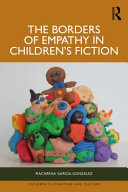

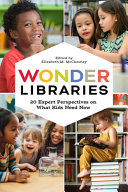
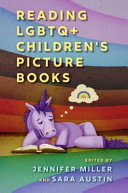
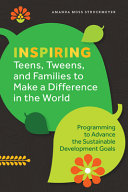
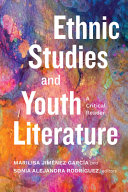
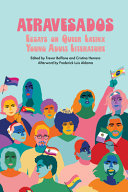

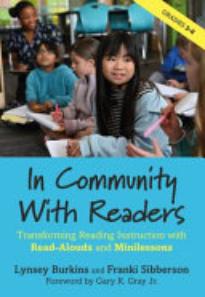
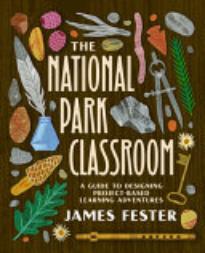
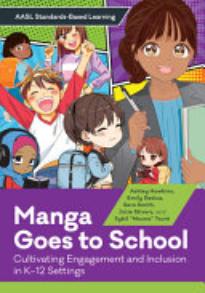
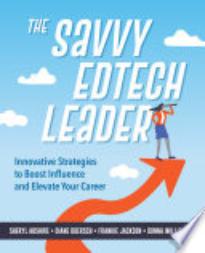
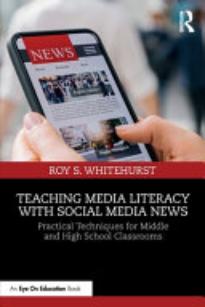
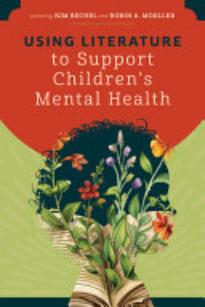
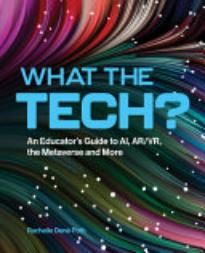
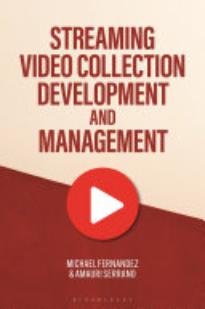
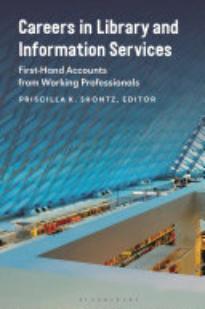
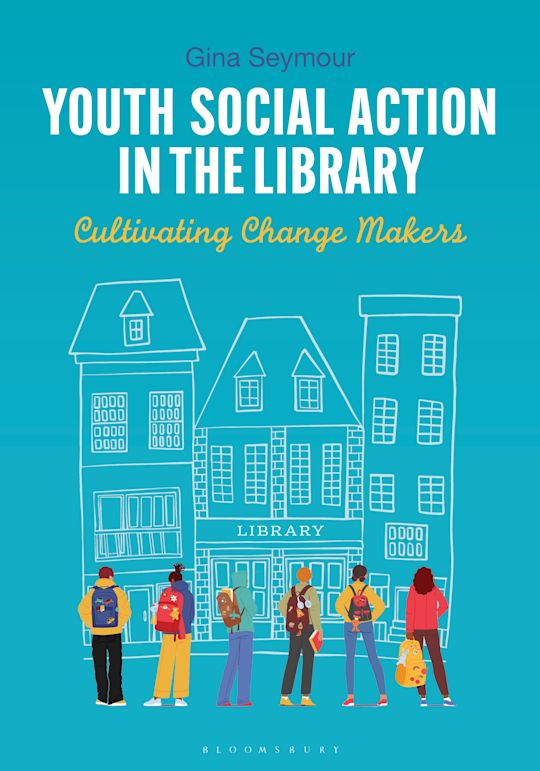
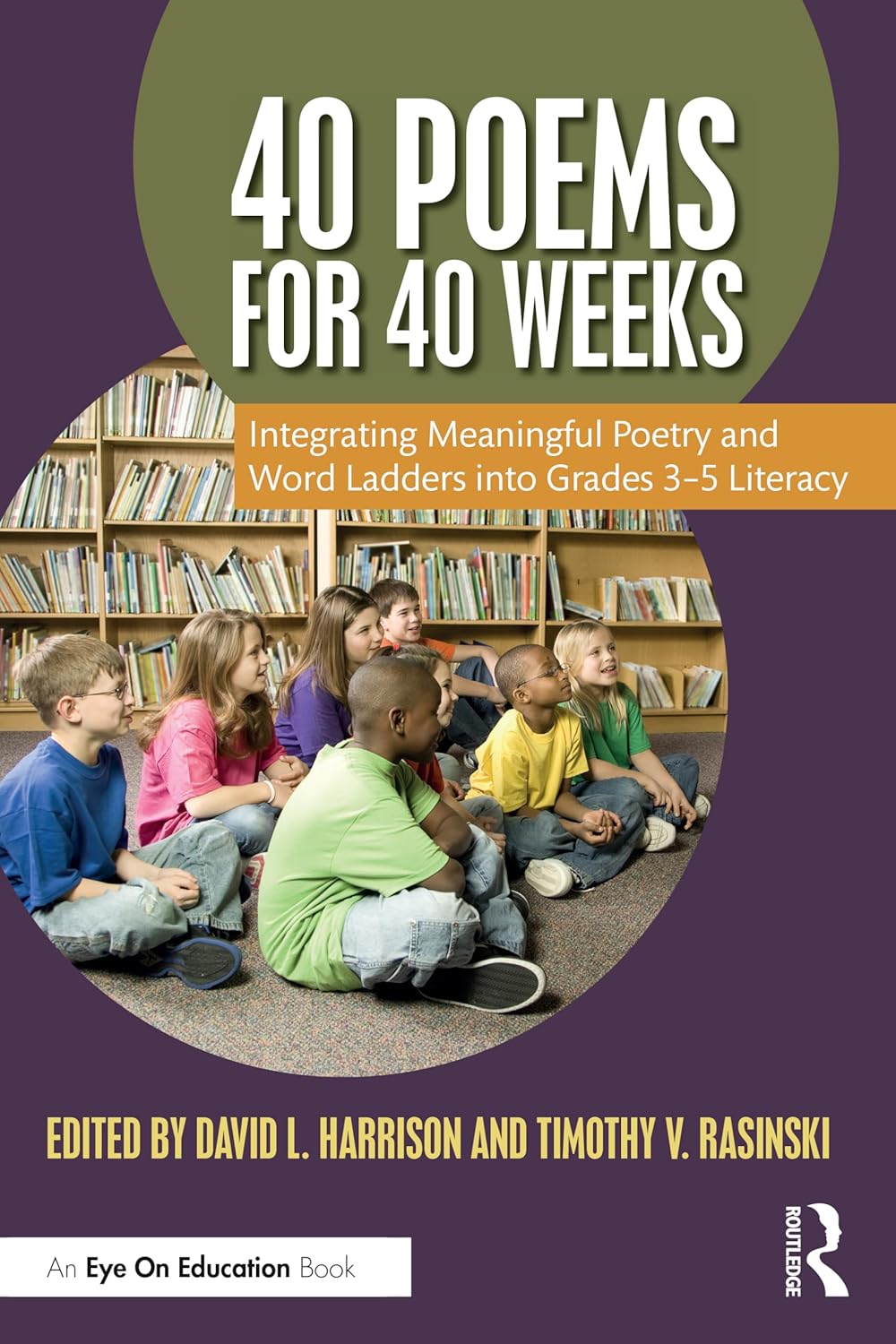
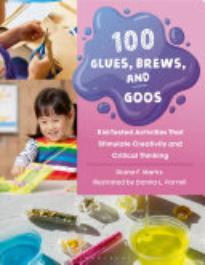
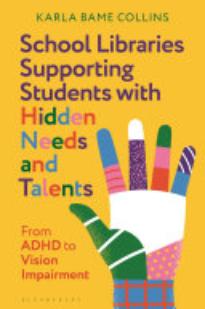
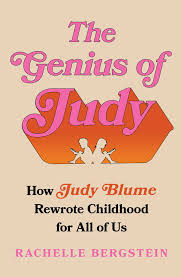
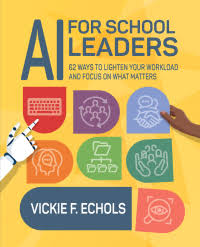
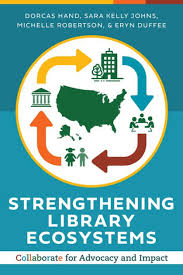
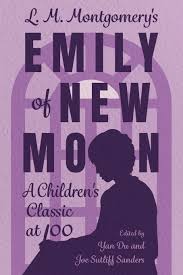
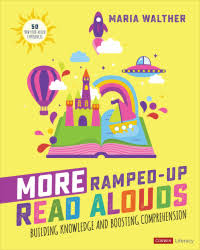
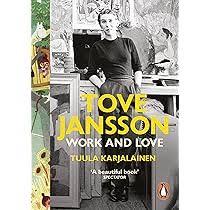
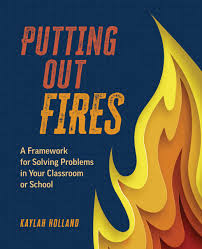
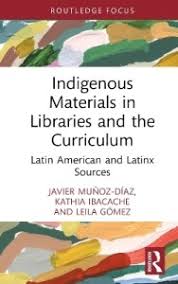
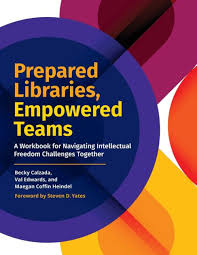

![Antiracist Reading Revolution [Grades K-8]: A Framework for Teaching Beyond Representation Toward Liberation](https://s3.amazonaws.com/ArchiveImages/LegacyReviews/SLJ/9781071915356.jpg)


















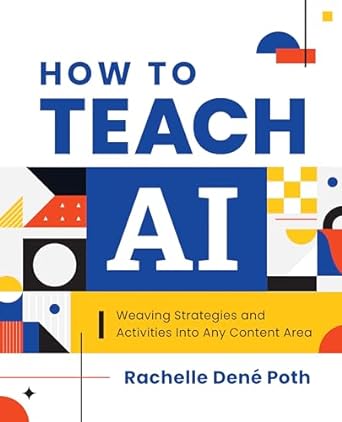




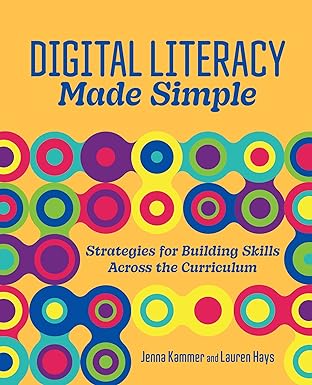










![Text Structures From Picture Books [Grades 2-8]: Lessons to Ease Students Into Text Analysis, Reading Response, and Writing With Craft](https://s3.amazonaws.com/ArchiveImages/LegacyReviews/SLJ/9781071920862.jpg)
